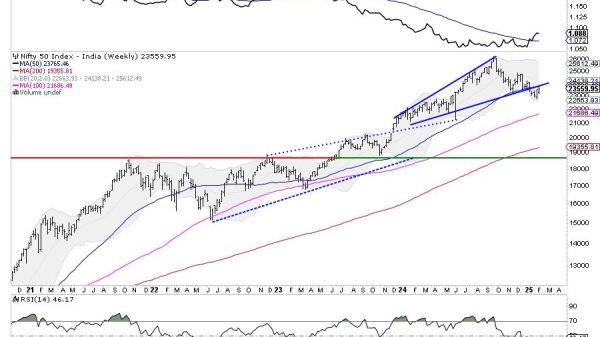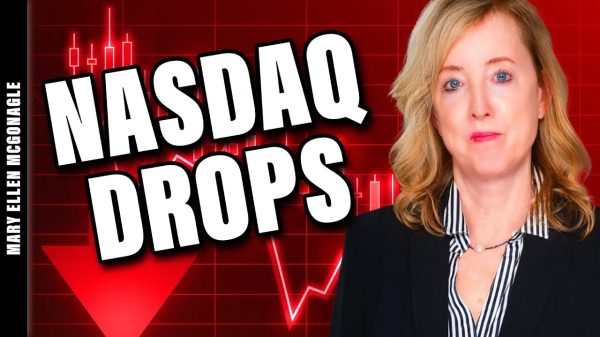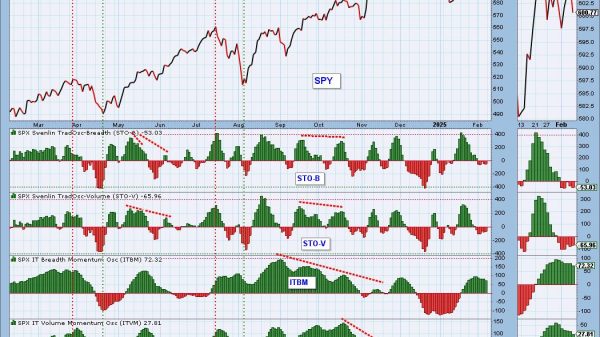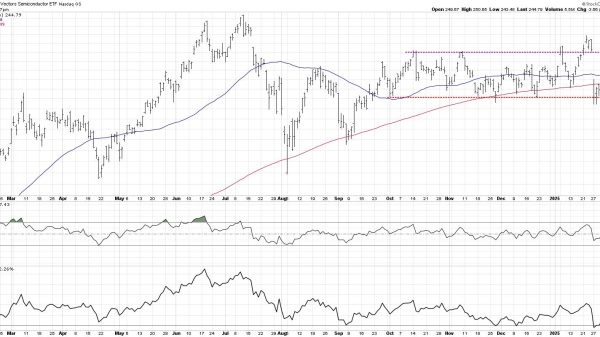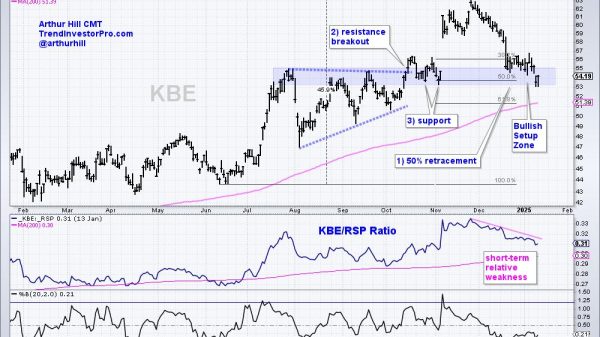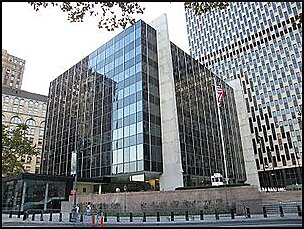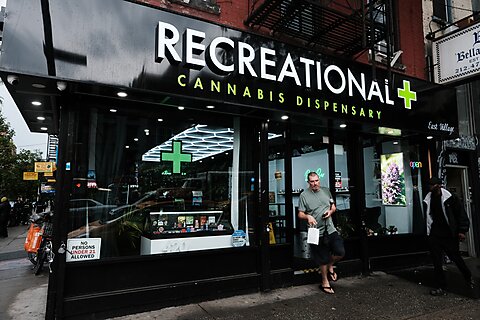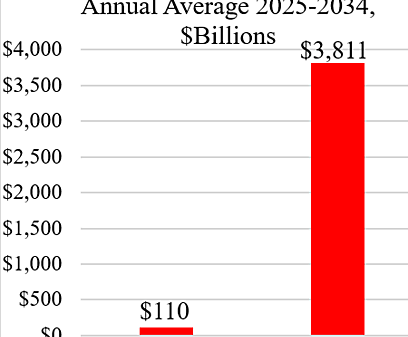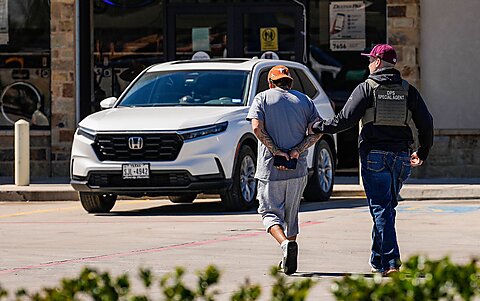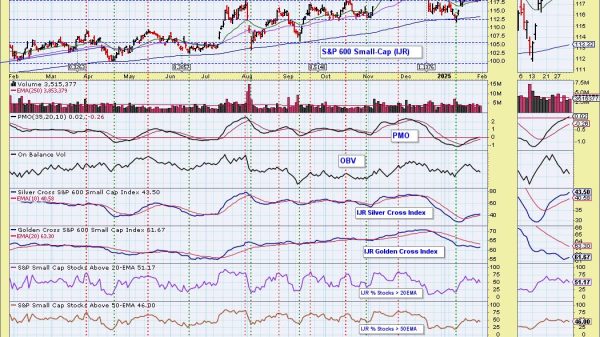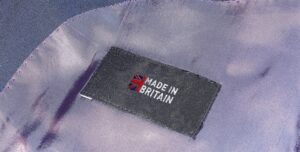
A new YouGov poll reveals that 50% of UK adults now recognise the official Made in Britain trademark — a significant milestone for the not-for-profit trade body that champions British manufacturing.
The findings come amid growing calls for a national ‘Buy British’ campaign to support domestic industry, with 44% of those surveyed saying they would be more likely to purchase UK-made goods if they carried clear Made in Britainlabelling.
The Made in Britain organisation, which represents more than 2,160 UK manufacturers, requires members to meet rigorous criteria including proof of domestic manufacturing and adherence to sustainability and ethical standards. Its trademark is now found on tens of thousands of products — from industrial materials to luxury consumer goods — helping buyers identify goods with genuine British provenance.
John Pearce, CEO of Made in Britain, welcomed the polling as validation of the campaign’s growing national footprint. “Our trademark only appears on products that are verified as being manufactured in the UK,” he said. “Members must also demonstrate their commitment to our social and ethical standards. Consumers and businesses alike know that products bearing the mark live up to what it means to be truly Made in Britain.”
The momentum behind British manufacturing appears to be building. The organisation reported a 20% surge in membership enquiries in April alone — a trend it attributes to recent geopolitical and economic uncertainty, including new US tariffs imposed on UK goods following President Trump’s ‘Liberation Day’ announcement.
“Tariffs and global turbulence have reminded everyone of the strategic and economic importance of making things in Britain,” said Pearce. “We’re seeing more businesses proudly flying the flag — and more consumers actively looking for British-made goods.”
Polling also highlighted that price (46%) and availability (45%) remain the top influences on purchasing decisions, but the strong performance of the Made in Britain label — with nearly half the public recognising it — indicates a growing appetite for provenance, ethical production and supply chain resilience.
Last month, the Liberal Democrats joined the chorus of support for a national ‘Buy British’ initiative, calling for mandatory use of clear ‘Made in Britain’ labelling.
Founded in 2015, Made in Britain now plays a central role in promoting UK manufacturing both at home and overseas. Its logo has appeared on everything from vans and wheelie bins to medical gowns and artisan coffee makers.
As Pearce concluded, “British-made goods have never been more relevant. With strong demand from consumers, manufacturers are realising that celebrating their Britishness is not just a patriotic gesture — it’s a powerful competitive advantage.”
Read more:
Half of UK consumers recognise Made in Britain trademark as demand for homegrown goods grows






